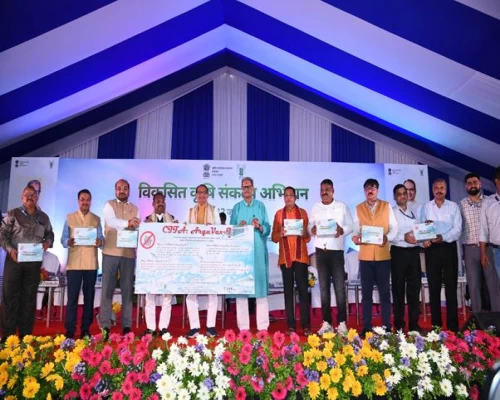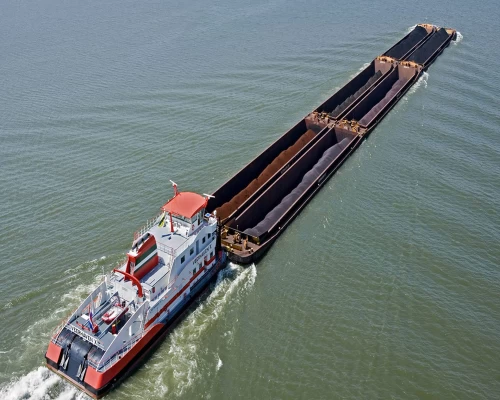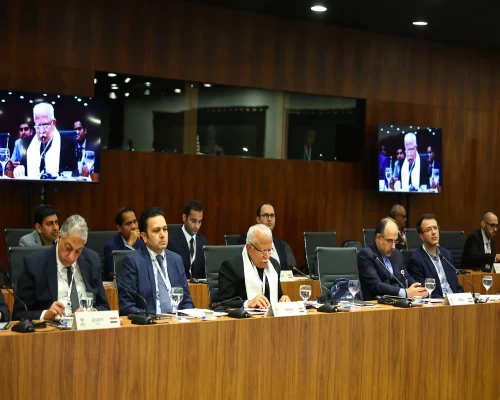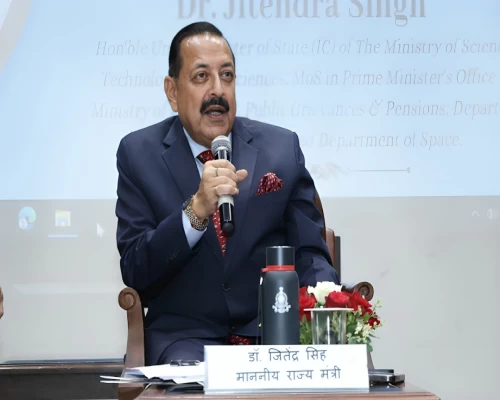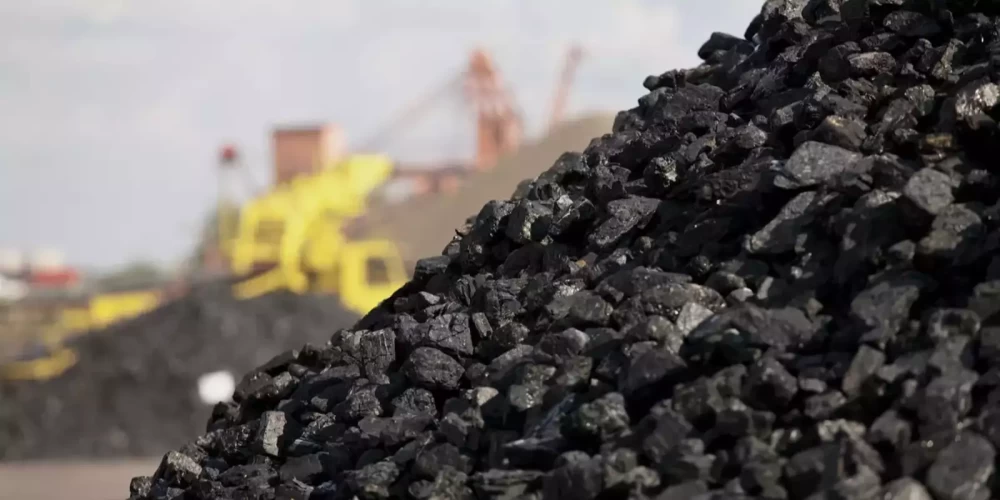
New Delhi: The Niti Aayog has recommended that the government include coking coal in the list of critical minerals and introduce measures to enhance its domestic production, citing its importance as a key raw material for steel manufacturing.
In its report titled Enhancing Domestic Coking Coal Availability to Reduce the Import of Coking Coal, the policy think tank highlighted India’s significant reliance on imports for coking coal, with around 85 percent of the country’s requirements being sourced from abroad. This figure far exceeds the European Union’s import dependence of 62 percent, even though the EU has already classified coking coal as a critical raw material alongside 29 others, including minerals essential for green energy like lithium, cobalt, and rare earth elements.
The report emphasised the economic impact of this dependence, noting that integrated steel plants imported 58 million tonnes of coking coal in the last financial year at an estimated cost of ₹1.5 lakh crore, despite the country holding proven reserves of 5.13 billion tonnes of prime coking coal and 16.5 billion tonnes of medium coking coal. Fully utilising these reserves, the report argued, would not only reduce import reliance but also align with India’s net zero commitments by 2070.
Niti Aayog pointed out the inefficiency in state-run washeries, where capacity utilisation stood at less than 32 percent in FY 2022-23, with coal yields averaging only 35-36 percent. In contrast, private washeries demonstrated greater efficiency, achieving over 75 percent utilisation and higher coal yields. The report proposed that the government consider policy changes to improve domestic processing, including allowing joint ventures to sell byproducts of coking coal washeries, which could reduce overall costs for steel manufacturers.
It also recommended amendments to the Coal Bearing Areas Act, 1957, to ensure that public-private partnership entities retain operational leases even after the transfer of majority ownership to the private sector. Such changes, the report suggested, would create a more conducive environment for increasing production and securing the steel.
BI Bureau





